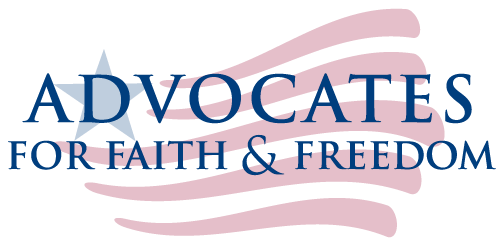RELIGIOUS LAND USE
General Information
The landscape of issues concerning land use for religious institutions including churches and schools has been dramatically altered in the last few years.
Churches and schools seeking to either open or redevelop their property are subject to zoning ordinances that typically require permission from the city in the form of a conditional use permit. In cases where such a permit has been denied, or granted but with significant conditions placed on the approval, religious institutions have rights stemming from two primary sources – the Religious Land Use and Institutionalized Persons Act (RLUIPA) and the United States Constitution.
In passing RLUIPA, a bipartisan Congress recognized the land use discrimination faced by religious institutions. Although cities have the right to enact zoning ordinances for the general welfare of its citizens, the ordinances must be implemented in a fashion that does not run afoul of federal or state law. The following is a general guideline in determining when the City has violated your statutory or constitutional rights.The Establishment Clause of the First Amendment
The Establishment Clause prohibits the government from establishing one religion for the nation, as well as favoring or disfavoring one religion over another in its dealings.
United States Constitution
• Free Speech Violations – a zoning ordinance violates freedom of speech where it allows government officials an unlimited amount of discretion in denying or granting the conditional use permit. A city official cannot have unlimited discretion to determine whether protected First Amendment activity will take place.
• Free Exercise Violations – such a violation occurs when unconstitutional burdens are placed upon an individual’s free exercise of religion.
• Equal Protection Violations – a violation occurs when local governments maintain zoning ordinances that treat religious assemblies less favorably than other similarly situated uses. This can occur where the discrimination is written in the ordinance or occurs as a result of a discretionary act of the zoning body.
• Due Process Violations – these types of violations occur where there is no rational basis for decisions of a governing body or where there was not a fair hearing.
RLUIPA
• Substantial Burden – a RLUIPA violation occurs when the plaintiff can show the government imposed or implemented land use regulations that place a substantial burden on the religious exercise of a person, assembly, or institution.
• Discrimination and Exclusion – a RLUIPA violation occurs under this section when the land use regulation unreasonably excludes a religious institution from its jurisdiction.
• Equal Terms – a RLUIPA violation occurs under this section when a government imposes or implements a land use regulation in a manner that treats a religious assembly or institution on less than equal terms with a nonreligious assembly or institution. This can occur where the discrimination is written in the ordinance or occurs as a result of a discretionary act of the zoning body.
• Nondiscrimination – a RLUIPA violation occurs under this section when a government imposes or implements a land use regulation that discriminates against any assembly or institution on the basis of religion or religious denomination.
